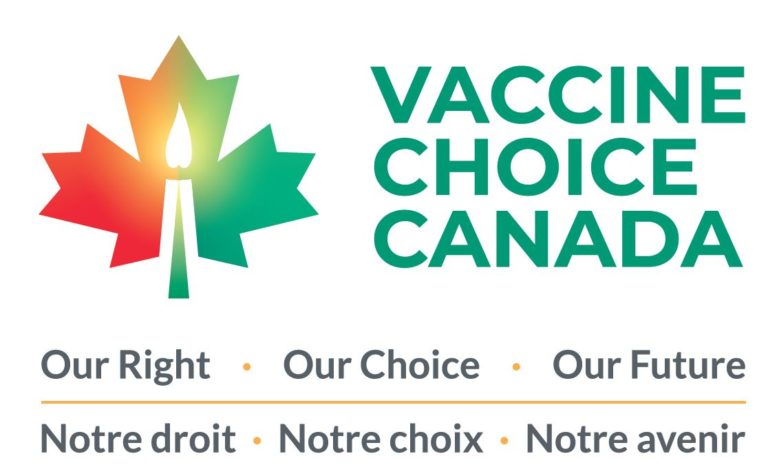When did it become illegal to ask questions? Especially in the courtroom?
When did it become illegal to ask questions? Especially in the courtroom?
Help a Mother Out
"*" indicates required fields
Help a mom and her children advocate for their own best interests!
We’re turning to you for help funding a legal challenge. It’s one that could restrain the judicial arm of the State from interfering in a mother’s judgement about what’s best for her children. It would also protect the rights of the children, with their mother’s support, to be free from being forcibly vaccinated.
J.N. is separated from her three children’s father. After a drawn-out legal dispute, J.N. and C.G. signed a settlement agreement that applied to everything except whether the younger two children received the COVID-19 vaccine. At that point in time, the three children primarily resided with J.N., the mother. The eldest child later chose to live primarily with the father.
Issues persisted regarding the COVID-19 vaccination. J.N. wanted to take a “wait and see” approach, pending more time and research. C.G. wanted the children vaccinated immediately. The impasse was dealt with by setting aside any COVID-19 decision for the younger children in J.N.’s care. The eldest child, who by then was living with the father, accepted vaccination voluntarily. He was judged old enough at 14 to make that decision autonomously.
The father then sought a court order for the two younger children, living at home with their mother, to be vaccinated and given all future boosters. It would occur without their consent – or J.N.’s.
This mom fought back and, representing herself, won in the Ontario Superior Court of Justice. Dissatisfied, the father carried on the legal fighting and went to the Court of Appeal for Ontario, which quashed the trial judge’s decision and gave the father permission to vaccinate the
children against their wishes and without the mother’s consent. Having more means, the father hired not one, but three law firms to represent him on appeal, whereas J.N. continued to represent herself.
We believe that the appellate court decision must be challenged in the Supreme Court of Canada, and so are seeking leave to appeal it.
The technical legal issues of the case are multifaceted. At its heart, however, this is about the right of a family unit – even one that has suffered from marital breakdown – to judge for itself what is in the best interests of a mother and her children.
J.N. does not have the means to fight for her family’s rights in the Supreme Court. Will you help her carry on? Please donate today.
Due to a publication ban, we cannot share the family members’ names.
J.N.’s Legals Fund
The legal issues involved in this case are complex.
One issue that J.N. must address at the Supreme Court of Canada is whether government statements on specific medical interventions should determine what is best for families.
Can a judge accept a government statement on an irreversible medical intervention as fact and rely on it to order children before the court to undergo that treatment?
We believe that J.N. and her children should be able to judge for themselves which medical interventions are in their own best interest. And we hope that, should J.N. be successful at the Supreme Court of Canada, her case would strengthen the law in support of families and their ability to make decisions about their own lives and medical decisions without the state injecting itself into the family unit.
To present these and other arguments before the Supreme Court of Canada, J.N. needs to raise funds to pay the legal team representing her family. Please donate today to support J.N.’s legal fund.
J.N. is being represented by Albertos Polizogopoulos and Garifalia (Lia) Milousis of The Acacia Group.
For nearly 15 years, The Acacia Group’s lawyers have represented clients’ constitutional and human rights. They have appeared numerous times before the Supreme Court of Canada as well as the Federal Court and many lower courts and human rights tribunals across Canada, including in Nova Scotia, New Brunswick, Ontario, Manitoba, Alberta and British Columbia.
Combined, their team has decades of experience fighting for their clients’ civil liberties, including family rights.
Get Updates - Help a Mother Out
To receive update on this legal case please fill out the form below. Thanks !
"*" indicates required fields




